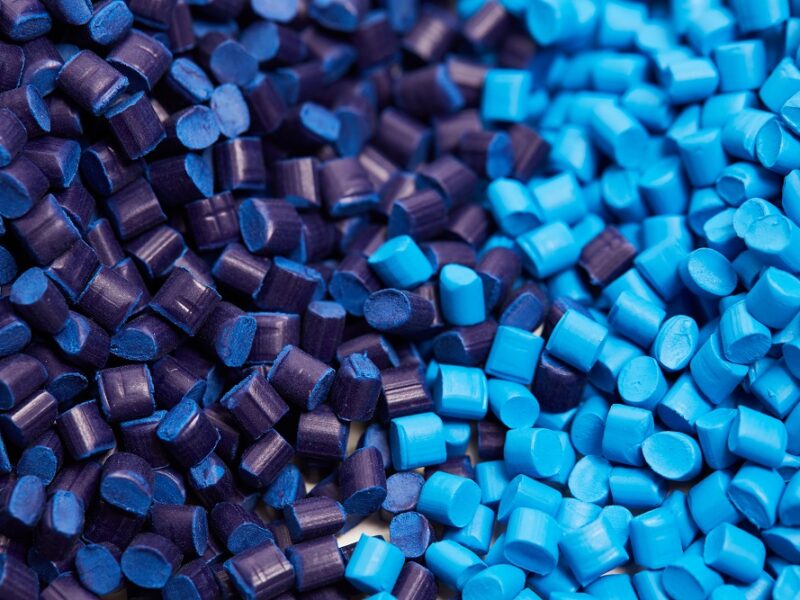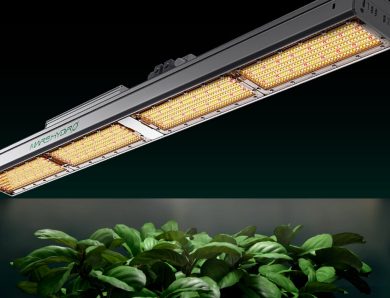
Plastic Recycling Can Be Profitable If Done Right
The debate over recycling plastics has been raging for decades. On the one hand, environmental activists and sustainability advocates claim that recycling is the most important thing people can do to save the planet. On the other hand is the reality that the vast majority of plastics the world produces are never ultimately recycled. They are landfilled.
It must be understood that the lack of plastic recycling in modern society has nothing to do with chemistry problems. It is not a lack of ability. It is a lack of profitability. Every plastic under the sun can be recycled if someone wants to do it. But if there is no money to be made in recycling, companies are not going to bother with it. Therein lies the problem.
Plastic recycling is generally not that profitable. But it doesn’t have to be that way. A certain segment of the recycling industry has proven that recycling plastic scrap can be profitable if you do it right. But it requires a collective effort between both recyclers and consumers.
The Industrial Model Works
A good place to begin this discussion is with an explanation of the industrial model and how it works. Consider a Tennessee company known as Seraphim Plastics. In addition to Tennessee, Seraphim operates in Arkansas, Indiana, Kentucky, Michigan, Missouri, and Ohio.
The company’s business model revolves around purchasing industrial plastic waste and turning it into regrind that can be sold to manufacturers. It is an amazingly simple business model that works exceptionally well. At the heart of what Seraphim does is the concept of purchasing only clean, segregated plastics.
When Seraphim picks up a load of plastic crates, they know the load will not be contaminated with any other materials. They also know they will not have to manually sort the pieces at their warehouse. The entire load will be nothing but segregated plastic crates. They can go right from truck to grinding machine.
Easy and Efficient
The industrial model works because it is easy and efficient. Labor costs are kept to a minimum. So are production costs. By contrast, curbside recycling doesn’t work because it’s difficult and inefficient. Both labor and production costs are prohibitively high.
It is not that plastic food containers cannot be recycled due to some inherent chemical characteristics. It is not the plastic bags and straws cannot be recycled because there is something wrong with the material itself. The problem with curbside recycling is that it costs too much. But it is a problem that can be fixed.
All it would take to make curbside recycling more profitable is a willingness among consumers to clean and segregate. But how many consumers are willing to do that? Most are not. We want to feel good about throwing recyclables into a small bin and putting it out to the curb. But if recycling takes any real work, we are not interested.
Oil Is Still Cheap
There is an undercurrent to all of this, and it is found in the price of oil. Cheap oil prices make it easy to produce cheap plastics. As long as oil prices remain low, new plastic is pretty affordable. If given a choice between new plastic and a more expensive recycled product, guess which one a manufacturer is going to choose.
Recycled industrial plastic is very competitive from a price standpoint. Recycled residential plastic is not. But it could be. If we were all willing to change the way we utilize residential plastics, recycling could be profitable. But if the consumer is not willing to change, our failing recycling efforts will not change either. That is the reality.




